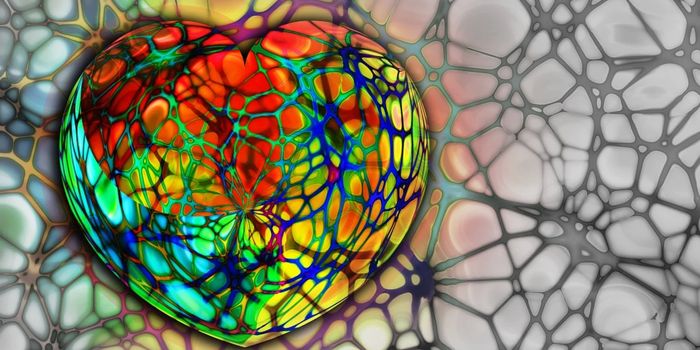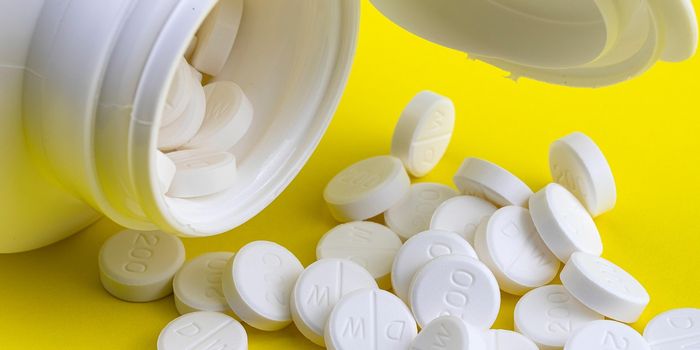Blood Pressure Rose Due to the COVID-19 Pandemic
The onset of the COVID-19 pandemic in early 2020 disrupted the lives, work schedules, and healthcare routines of millions of people. Two new studies published in the American Heart Journal and Circulation have shown that it also led to increases in blood pressure, which could have serious downstream health consequences.
In the first study, home-based blood pressure measurements were analyzed for 72,706 people who were enrolled in a digital health hypertension program. Measurements from before the pandemic (January 2019 to March 2020) were compared to those taken during the pandemic (April 2020 to August 2020). During the pandemic, participants measured their blood pressure more frequently, and the average systolic blood pressure, diastolic blood pressure, and mean arterial pressure all increased. Additionally, the percentage of study participants with blood pressure classified as uncontrolled or severely uncontrolled hypertension rose. The second study followed 464,585 participants enrolled in an employer-sponsored wellness program from January 2018 to December 2020. While blood pressure remained stable in the 2018 and 2019 calendar years, it rose significantly in 2020. Interestingly, larger increases in blood pressure were seen for women than for men.
The lead author of the first study, Dr. Eric Peterson, noted that the pandemic caused Americans to eat more, drink more, and exercise less, which may explain the blood pressure increases. COVID-19 also made seeing doctors and adjusting medications more challenging, which may have contributed to the issue. Furthermore, stress has been linked to hypertension, and stress levels (along with rates of anxiety and depression) rose during the pandemic.
Increased blood pressure leads to a greater risk of strokes, heart attacks, and heart failure. The increases seen in these studies were relatively modest, but they could have a major impact on the rates of heart issues and strokes at the population level.
Sources: American Heart Journal, Circulation, Science Daily, WMJ, Globalization and Health








